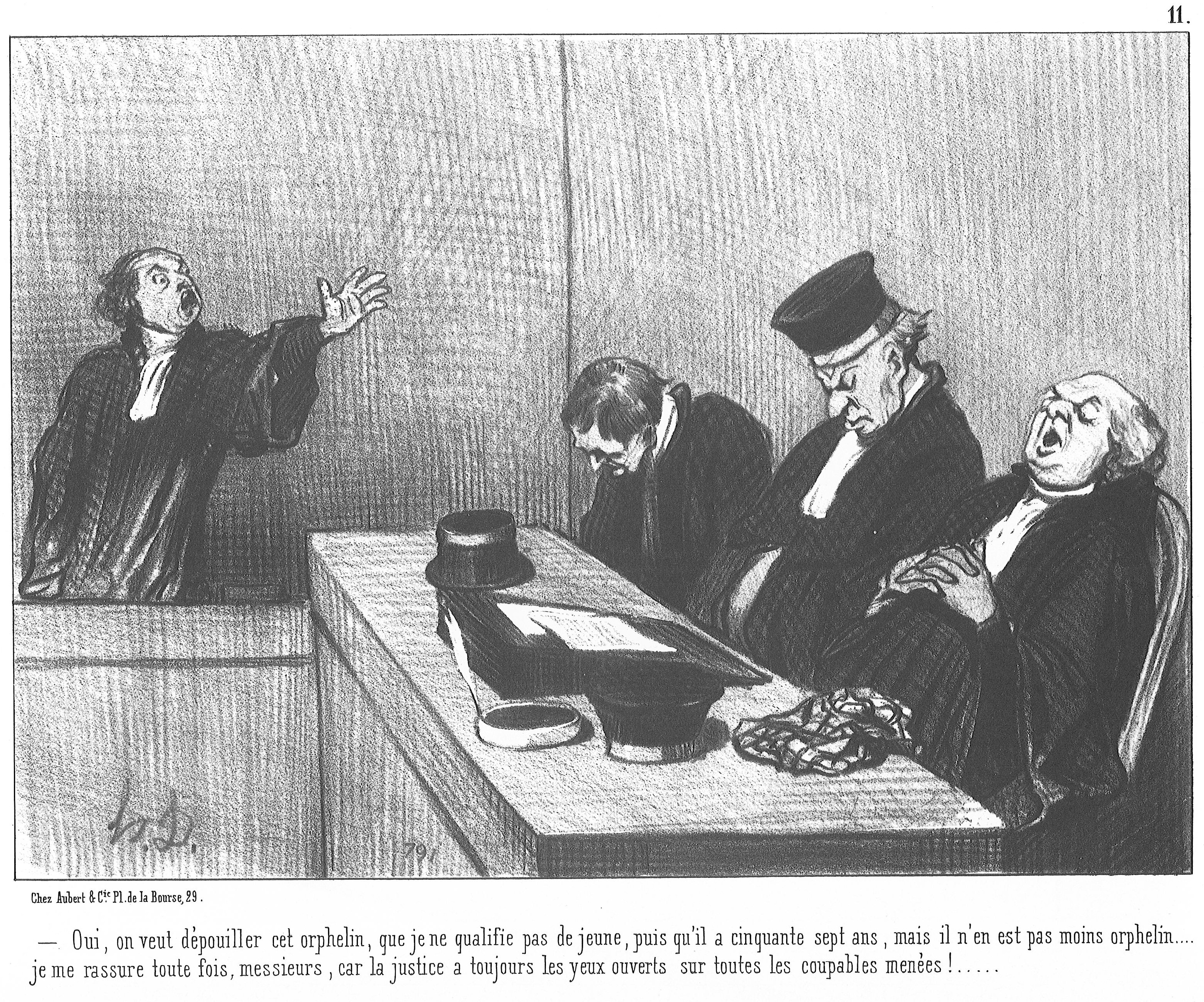Middle Managers: The Unsung Heroes Of Corporate Success And Employee Satisfaction

Table of Contents
The Crucial Role of Middle Managers in Driving Employee Satisfaction
Middle managers are not just supervisors; they are pivotal in shaping the employee experience and fostering a thriving work environment. Their actions directly impact employee engagement, retention, and overall job satisfaction.
Mentorship and Development
Effective middle manager mentorship is crucial for employee development and talent management. They play a critical role in nurturing the next generation of leaders. This includes:
- Providing regular feedback: Constructive criticism and positive reinforcement are key to employee growth.
- Identifying training needs: Proactive identification of skill gaps and providing opportunities for skill enhancement.
- Sponsoring employee promotions: Actively advocating for high-performing team members and supporting their career progression. This proactive approach to middle manager mentorship directly impacts employee retention and morale.
Fostering a Positive Work Environment
A positive work culture, driven by engaged middle managers, significantly impacts employee satisfaction. This involves:
- Open communication: Creating a transparent environment where employees feel comfortable sharing ideas and concerns.
- Conflict resolution: Addressing disagreements constructively and fairly to prevent negativity from festering.
- Team-building activities: Organizing events and initiatives that promote collaboration and camaraderie among team members. These activities contribute significantly to employee engagement and a positive work culture.
Work-Life Balance and Well-being
Middle managers can significantly influence employee well-being by promoting a healthy work-life balance. This includes:
- Promoting reasonable workloads: Ensuring tasks are appropriately distributed and avoiding burnout.
- Encouraging breaks: Promoting regular breaks and encouraging employees to disconnect after work hours.
- Supporting flexible work arrangements: Where possible, supporting flexible work options to enhance employee well-being and work-life integration. This fosters loyalty and improves overall employee satisfaction.
Middle Managers as Strategic Executors: Bridging the Gap Between Leadership and Employees
Middle managers are the critical link, translating high-level strategies into actionable plans and ensuring seamless communication throughout the organization.
Translating Strategy into Action
Effective middle managers excel at strategic implementation by:
- Setting clear goals: Breaking down overarching strategies into clear, achievable goals for their teams.
- Allocating resources: Effectively managing resources, including budgets and personnel, to optimize project success.
- Monitoring progress: Regularly tracking progress towards goals and making necessary adjustments.
- Providing regular updates to senior management: Keeping senior leadership informed of progress, challenges, and potential roadblocks. This ensures effective middle manager communication across all levels of the organization.
Communication and Feedback
Effective two-way communication is crucial, and middle managers are central to this process. They:
- Communicate company updates to teams: Ensuring everyone is informed and aligned with organizational goals.
- Gather feedback from employees: Acting as a conduit for employee voices and concerns.
- Relaying concerns to senior management: Escalating important issues and ensuring that employee feedback reaches the appropriate levels. This ensures that middle manager communication effectively bridges the gap between employees and leadership.
Problem Solving and Decision Making
Middle managers routinely solve problems and make crucial decisions that impact their teams and projects. This includes:
- Addressing employee conflicts: Mediating disputes and ensuring a harmonious work environment.
- Managing project roadblocks: Identifying and overcoming obstacles to keep projects on track.
- Making quick, informed decisions within their authority: Exhibiting decisive leadership and problem-solving skills. This demonstrates the importance of middle manager autonomy in efficient organizational functioning.
Empowering Middle Managers for Optimal Performance
Investing in middle managers is an investment in the overall success of the organization.
Providing Adequate Training and Resources
Organizations must invest in middle manager training and development programs, including:
- Leadership training: Equipping middle managers with essential leadership skills.
- Communication workshops: Improving their communication and interpersonal skills.
- Strategic planning courses: Enhancing their strategic thinking and planning abilities. This investment in middle manager training directly impacts their effectiveness and overall organizational performance.
Recognizing and Rewarding Contributions
Acknowledging and rewarding middle managers' achievements is essential for motivation and retention:
- Performance bonuses: Providing financial incentives for exceptional performance.
- Promotions: Offering opportunities for career advancement.
- Public acknowledgment of successes: Celebrating accomplishments and recognizing contributions publicly. This fosters a culture of appreciation and strengthens middle manager commitment to the organization.
Creating a Supportive Leadership Structure
A supportive leadership structure is essential for empowering middle managers:
- Open communication with senior management: Creating a transparent and communicative relationship between senior leaders and middle managers.
- Access to decision-making processes: Involving middle managers in strategic decision-making.
- Regular feedback and mentorship from senior leaders: Providing guidance and support to help middle managers excel in their roles. This creates a culture of mutual support and shared responsibility.
The Untapped Potential of Middle Managers
In conclusion, middle managers are not merely supervisors; they are strategic executors, mentors, and culture shapers. Their contributions to both employee satisfaction and organizational success are undeniable. We must reiterate the importance of recognizing their crucial role and investing in their development. Companies that fail to invest in and support their middle managers risk hindering their own potential for growth and success. Invest in your middle managers today and unlock the untapped potential within your organization! Empowering middle managers leads to more effective middle management, supporting middle managers translates to increased employee satisfaction, and investing in middle managers ultimately strengthens your organization.

Featured Posts
-
 East London Shop Fire 125 Firefighters At Peak Of Operation
May 31, 2025
East London Shop Fire 125 Firefighters At Peak Of Operation
May 31, 2025 -
 Devoir De Justice Les Etoiles De Mer Et Le Droit Du Vivant
May 31, 2025
Devoir De Justice Les Etoiles De Mer Et Le Droit Du Vivant
May 31, 2025 -
 Canadian Red Cross Wildfire Relief Efforts In Manitoba Your Donation Matters
May 31, 2025
Canadian Red Cross Wildfire Relief Efforts In Manitoba Your Donation Matters
May 31, 2025 -
 Tigers Notebook Meadows Rehab Progress And Expected Return Date
May 31, 2025
Tigers Notebook Meadows Rehab Progress And Expected Return Date
May 31, 2025 -
 Deficit Foire Au Jambon 2025 Qui Doit Supporter Le Cout Des Frais D Organisation
May 31, 2025
Deficit Foire Au Jambon 2025 Qui Doit Supporter Le Cout Des Frais D Organisation
May 31, 2025
